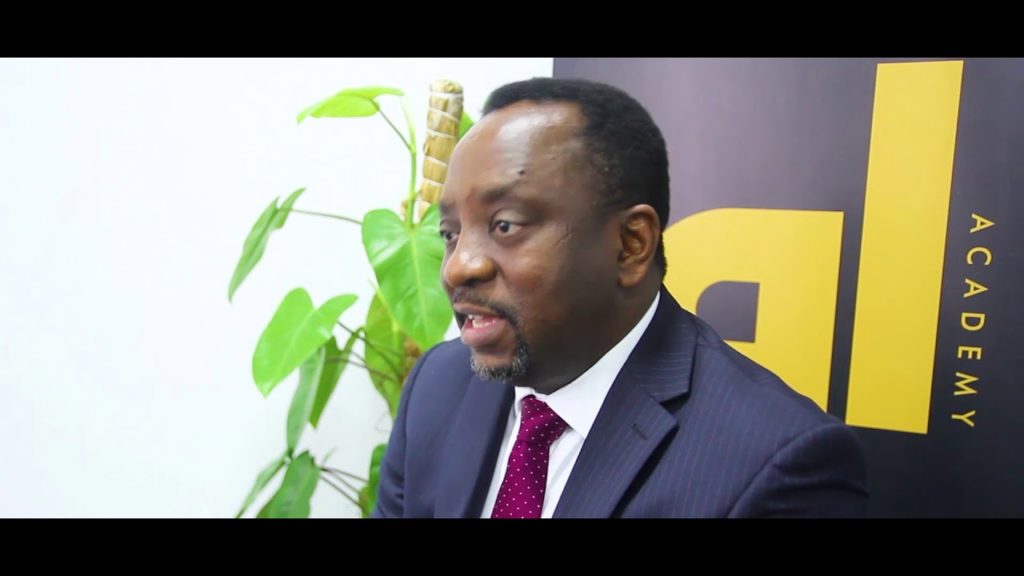A Senior Advocate of Nigeria, Professor Fabian Ajogwu has said that Nigeria has not taken advantage of the huge opportunities provided by the shipping industry as it has not approached the issue of ship financing the way it has evolved rather it is still looking at it from a traditional perspective.
Ajogwu who made this observation while delivering a lecture titled,” Innovative Concepts and Sustainable Approaches to Effective Ship and Maritime Infrastructure Financing in Nigeria: Critical Review” maintained that one could either have the money to buy a ship or have to take on debt capital or a hybrid of equity and debt while adding that today’s sophisticated shipping industry and the size of it means that the traditional ways of doing it was no longer fashionable.
While stating that a ship is not a hotel that one builds and then ask people to come and lodge in it or use it rather one had to secure the source of repayment upfront by having contracts within the oil and gas sector even as he said that it was these streams of cash flows that would lead to repayment because once it is available, then one can repay the debts that he employed.
Speaking on the Cabotage Vessel Financing Fund (CVFF), he said,” we cannot approach CVFF like the failed Ship Acquisition Building Fund because you don’t lend directly to the users. Those funds don’t have the ability that banks have and we don’t have to reinvent the wheel. Same way AFRI-EXIM and Bank of Industry do onward lending, they provide the fund and then a bank takes it and lends. The banks have the wherewithal to check the collateral adequacy, check whether your feasibility study is okay, chase and pursue you and make sure that the funds are secured and that you succeed because if you succeed, the fund is secured.
“But these funds don’t have that ability, so, if you do it, it will be like never learning from your past and I stressed that every mistake that one makes in life is actually a pool of knowledge that he can tap into or lament over but rather than lament, he should learn from it.
“There is also some ship building acquisition funds all over Europe and across the world that we can tap into because they help their own ship builders to sell and help us acquire and the cost of borrowing is small and so, it is helpful for us that we are able to tap into those things. And we need to collaborate with NIMASA and help them by giving them concrete suggestions and recommendations. It is one thing to criticize, but it is also something to say, did you specifically tell this regulator what you thought will work and they refused? I think to earn the right to criticize, you must have been shown to have done your best, tell them and that is why we commend the organizers of NISFCOE conference”.
He also advised the ship owners to engage power of pooling as according to him, it is better that one owns 5% of a huge vessel working for Shell or NNPC than that one owns a whole vessel and then he can’t pay saying that it kills the business, the owner of the business becomes bankrupt and he can’t run it effectively.
“So, the power of pooling is number one. We have to begin to build companies of funds that own ships instead of direct ownership of ships. You could list a shipping company, we need to begin to separate asset owning from operations because you don’t need to own the asset. Like the other speaker mentioned, British Airways owns less than 10% of its aircrafts but they are operating. So, we need to essentially learn from what people are doing. Nigeria is not in the Mass where things are done differently, these things have been tested elsewhere and we can borrow them and modify them to suit our local circumstances”, he said.
He continued,” We have got some sustainability funds and you find some of those funds in Europe and they are product of funds which aim to support acquisition of ships which are either environmentally friendly, low gas emission or handle their waste in water better and they put out these funds. But the good thing is that these funds are very low cost about 3% to 4%. Even if we do onward lending here, it is about 5% to 6%, it is still by far better than 12% of foreign currency loans here or 22% to 24% on Naira denominated.
“So, those are the innovative things that I am talking about apart from the structure of the financing which will move away from direct lending to structured pool lending. That is one way, also to access those funds; you and I don’t have to access the funds directly because we don’t have the wherewithal but the institutional framework like the CVFF. CVFF should not look at distributing what it has gathered, it should lend the income on the seed money so that the fund is sustainable and they can pool in some of these funds to augment it. If we do that, I can tell you, the trickle-down effect for employment for young people is massive. Even if you are building a vessel in Onne, forget about the vessel, the people who will supply the workmen with food, safety boots, and helmets are all local people. It is a big industry”.
Send your news, press releases/articles to augustinenwadinamuo@yahoo.com. Also, follow us on Twitter @ptreporters and on Facebook on facebook.com/primetimereporters or call the editor on 07030661526, 08053908817.

